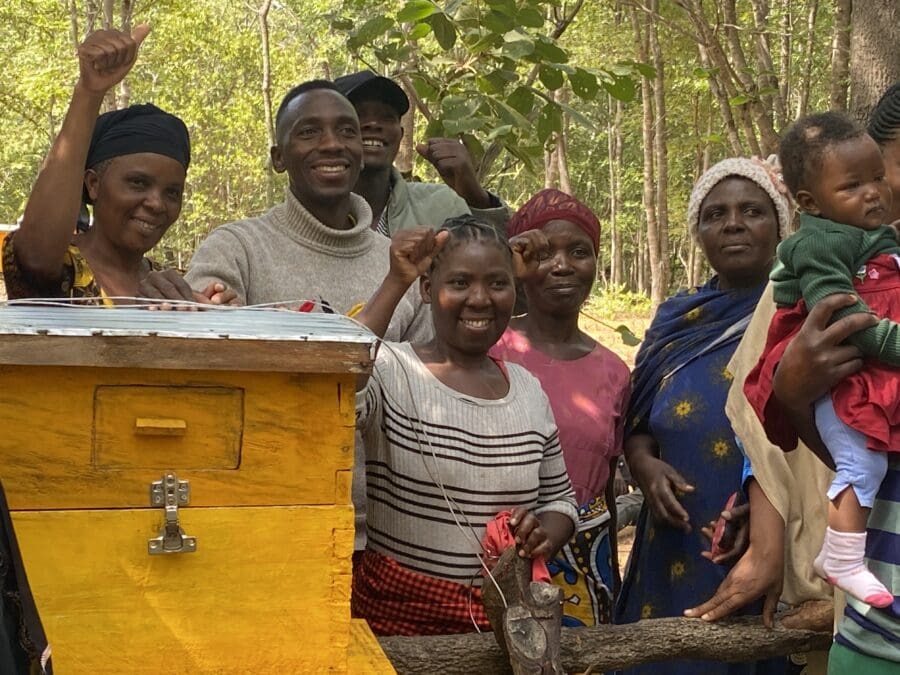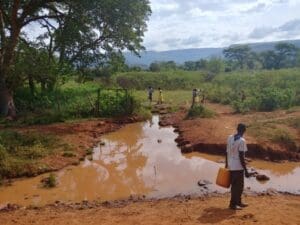This month, the president of the Democratic Republic of the Congo (DRC) signed into law the country’s first-ever land-use planning legislation, marking a historic step toward community-centered land governance and sustainable development in one of the world’s most biodiverse countries.
The promulgation of DRC’s new Land-Use Planning Law (Law No. 25/045, July 1, 2025) follows its adoption by the National Assembly and the Senate in October 2023 and is the result of sustained advocacy led by a broad coalition of civil society organizations—including: the Center for Innovative Technologies and Sustainable Development (CTIDD); the Coalition of Women Leaders for the Environment and Sustainable Development (CFLEDD); Congolese Resources Institute (CRI); the Center for Support for Sustainable Management of Tropical Forests (CAGDFT); Congo-Watch; and Dynamique des groupes des peuples autochtones (DGPA)— with financial and technical support from the Rights and Resources Initiative (RRI).
It now enters into force as the foundation for a national land-use system built on inclusive, rights-based principles.






